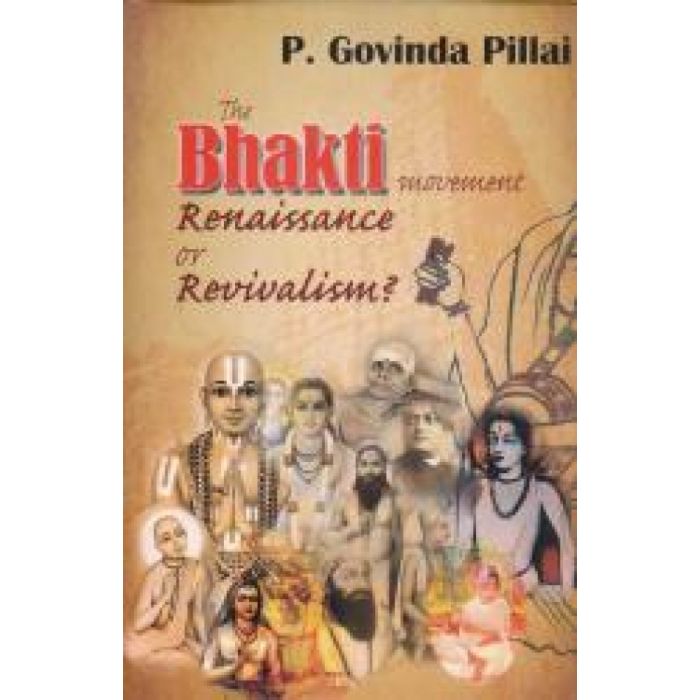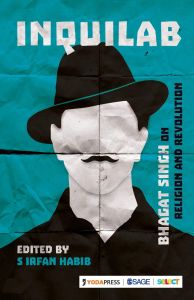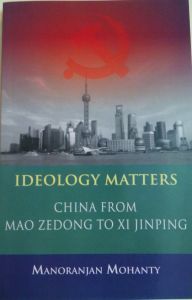The Bhakti Movement
This is a comprehensive survey of the Bhakti Movement as it sprang in South India to spread across the subcontinent in independent and multifarious manifestations yet marked with amazing commonalities. Spanning a period of 11 centuries starting from the 6th century CE, the movement encompassed in its sweep a vast range of dimensions: social, political, economic, religious, cultural, linguistic, ethical and philosophical. Among the multifarious movements which contributed to the formation of India and its culture, the Bhakti was undoubtedly the most pervasive and persistent, says the author. Besides its sweep and depth, what proved most remarkable about the movement was that it arose almost everywhere from the masses who belonged to the lowest class and castes. Though spirituality was its leitmotif, Bhakti proved to be a stirring song of the subaltern in their varied expressions of resistance and revolt. A seemingly conservative phenomenon became a potent weapon against entrenched hierarchies of orthodoxy and oppression, in a wonderful dialectical expression. This qualifies Bhakti movement to be reckoned on a par with European renaissance as it marked a massive upsurge in the societal value system to directly impact a range of fields like arts, politics, culture or religion. Even as he takes note of the elements of reactionary revivalism that also marked the Bhakti movement, the author convincingly argues that those of renaissance and progress far outweighed the former.



